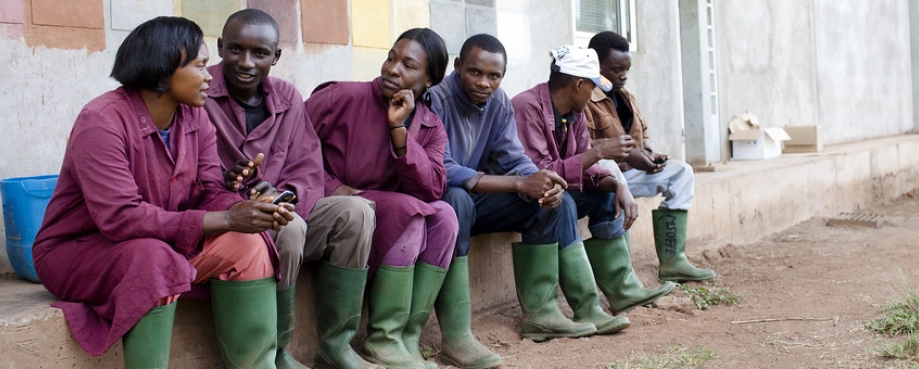
Inequality, discrimination and injustice based on gender can be seen in the different types of work performed by men and women, how workers are treated in the workplace, and pay and labour conditions.
Women workers in particular – across all tiers of the supply chain – often face discrimination due to entrenched socio-cultural norms and attitudes that prevent them from contributing fully in the workplace or society. Making progress towards gender equality is therefore critical to the achievement of decent work, particularly for women.
This new resource, available to ETI members below, brings together literature, tools, guidance and case studies on gender initiatives in company ethical trade programmes. It complements both ETI's Base Code guidance on gender equality and our gender strategy (also below, and available to all).
